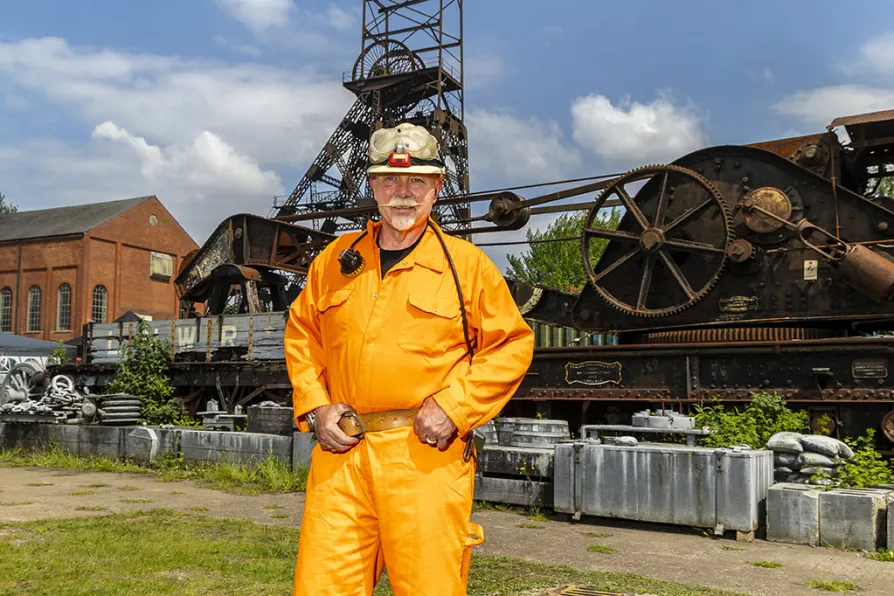Cuba, despite the privations, remains a beacon of sovereignty and resistance to imperialism, writes BERNARD REGAN
The miners’ riot van and invulnerable snowman
From repurposing a police van as the picket express to facing kidnap charges, former miner STEWART BROWN tells northern reporter Peter Lazenby tales of defiance from Bold Colliery during the 1984-85 strike

 Former miner Stewart Brown at the Lancashire Mining Museum
[Neil Terry Photography]
Former miner Stewart Brown at the Lancashire Mining Museum
[Neil Terry Photography]
STRIKING North West miner Stewart Brown talks about his experiences during the strike of 1984-5 as if they were everyday matters — things that just happened.
But even in the annals of that year’s momentous and sometimes horrific events, they were extraordinary. Using an old police bus to transport pickets and getting arrested for kidnap were among them.
Bold colliery outside St Helen’s in Merseyside was a militant pit and its miners supported the strike — a rarity in the north west area of the NUM.
Similar stories

Peter Mitchell's photography reveals a poetic relationship with Leeds

Ben Cowles speaks with IAN ‘TREE’ ROBINSON and ANDY DAVIES, two of the string pullers behind the Manchester Punk Festival, ahead of its 10th year show later this month

JOHN GREEN surveys the remarkable career of screenwriter Malcolm Hulke and the essential part played by his membership of the Communist Party

ANDY HEDGECOCK relishes two exhibitions that blur the boundaries between art and community engagement










